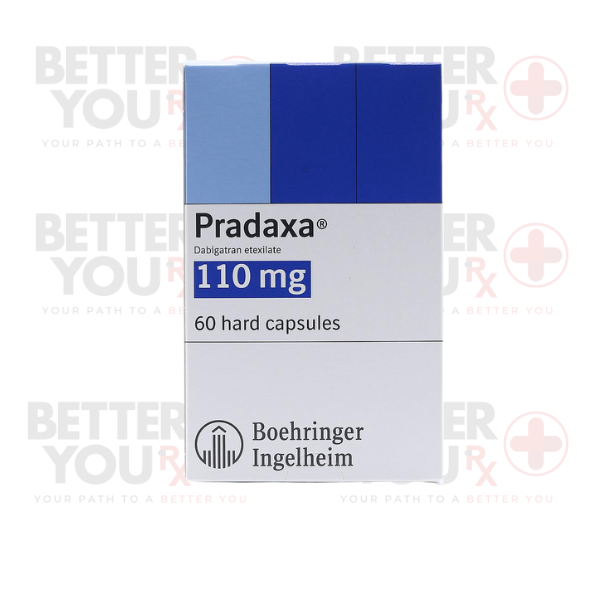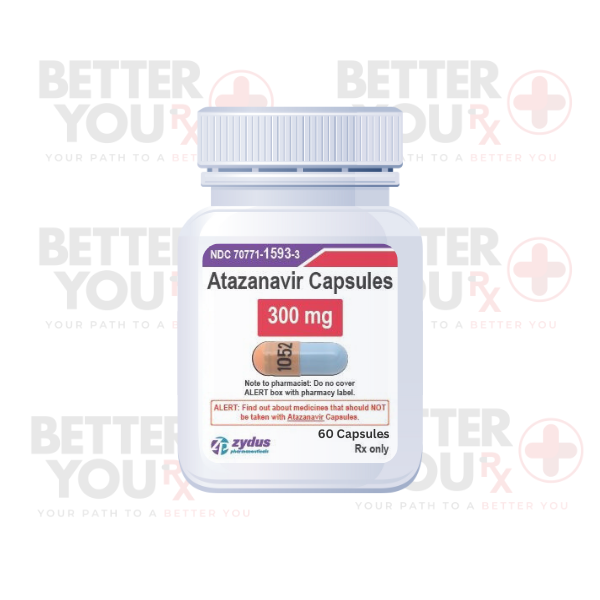| Usage |
Usage
phenytoin is available in various forms, including extended-release capsules, chewable tablets, and a liquid suspension, all of which are taken orally. The frequency of usage varies based on the particular product:
• Chewable tablets and suspensions are typically taken two or three times a day.
• Extended-release capsules are usually taken between 1 to 4 times daily.
To ensure effective treatment, follow these guidelines:
1. Take phenytoin consistently at approximately the same times every day.
2. Adhere closely to the instructions on your prescription label, and if you have any questions, consult your doctor or pharmacist.
3. Use an accurate measuring device if you are taking the liquid suspension to ensure the correct dosage.
4. For extended-release capsules, swallow them whole without splitting, chewing, or crushing. Dispose of any capsules that have changed color.
5. If you are taking chewable tablets, you can either chew them thoroughly before swallowing or swallow them whole.
6. If you receive formula or supplements via a feeding tube, discuss with your doctor when you should take phenytoin, allowing adequate time between feedings and medication.
7. Understand that while phenytoin may help manage your condition, it is not a cure. Keep taking it consistently even if you are feeling fine.
8. Do not discontinue phenytoin without consulting your doctor, even if you encounter side effects or unusual changes in behavior or mood. Abruptly stopping the medication could worsen your seizures. Your doctor will likely reduce your dose gradually.
|
| Side Effects |
Side Effects
Phenytoin use may lead to certain effects on your body. It's important to be aware of these and discuss them with your doctor:
1. Blood Sugar: Phenytoin might cause an increase in your blood sugar. Consult your doctor to understand the symptoms of high blood sugar and what steps to take if you experience them.
2. Common Side Effects: Some common side effects may occur. Notify your doctor if any of these are severe or persistent:
• Difficulty falling asleep or staying asleep
• Uncontrollable eye movements
• Abnormal body movements
• Loss of coordination
• Confusion
• Slowed thinking
• Slurred speech
• Dizziness
• Headache
• Constipation
• Unwanted hair growth
• Coarsening of facial features
• Enlargement of lips
• Overgrowth of gums
• Pain or curving of the penis
3. Severe Side Effects: In certain instances, more critical side effects might arise. If you encounter any of the following symptoms, get in touch with your physician right away:
• Swollen glands
• Blisters
• Joint pain
• Nausea
• Vomiting
• Yellowing of the skin or eyes
• Pain or tenderness in the high right part of the abdomen.
• Excessive tiredness
• Unusual bruising or bleeding
• Loss of appetite
• Flu-like symptoms
• Fever, a sore throat, skin rash, mouth ulcers, easy bruising, or facial swelling.
4. Additional Side Effects: Phenytoin could cause other, less common side effects. Inform your doctor if you encounter any unusual issues while taking this medication.
5. Bone and Lymph Node Risks: Taking phenytoin may increase the risk of developing conditions such as osteomalacia (weakening and softening of the bones) and problems with your lymph nodes, including Hodgkin's disease (cancer originating in the lymph system). Discuss these risks with your doctor when considering this medication for your treatment.
|
| Storage |
Storage
Here are guidelines for storing this medication safely:
• Keep the medication in its original container, securely closed, and out of the reach of children.
• Keep it at room temperature, away from light, excessive heat, and moisture (avoid storing it in the bathroom).
• Avoid freezing the liquid form of the medication.
To dispose of unneeded medication properly:
• Do not flush this medication down the toilet, as it can harm the environment.
• Instead, the recommended method for disposal is through a medicine take-back program.
• Consult your pharmacist or contact your local garbage/recycling department to inquire about available take-back programs in your area.
It's crucial to ensure that all medications are kept out of sight and reach of children, as many types of containers like weekly pill organizers and those for creams, patches, eye drops, and inhalers are not child-resistant and can be effortlessly opened by children. To prevent accidental poisoning in children:
• Always use safety caps and promptly store the medication in a secure location, one that is up and away and out of sight and reach.
|
| Special Precautions |
Special Precautions
Before starting phenytoin treatment, it's important to follow these guidelines:
• Inform your doctor and pharmacist about any allergies you have, especially if you're allergic to phenytoin, other hydantoin medications like ethotoin or fosphenytoin, or any other drugs. Also, mention if you're allergic to carbamazepine or have an inherited risk factor that may cause an allergic reaction to carbamazepine, as this could increase your risk of reacting to phenytoin.
• If you are taking delavirdine (Rescriptor), your doctor will likely advise against taking phenytoin concurrently.
• Share a complete list of all prescription and nonprescription medications, vitamins, nutritional supplements, and herbal products you are using or planning to use with your doctor and pharmacist. Particular medications, including antibiotics, anticoagulants, antivirals, hormonal contraceptives, mental health drugs, and others, may interact with phenytoin, requiring adjustments in dosages or close monitoring.
• If you are taking antacids containing calcium, magnesium, or aluminum (such as Maalox, Mylanta, or Tums), your doctor may suggest a time gap between taking the antacid and phenytoin.
• Notify your doctor of any herbal products you are using, especially St. John's wort.
• Share your medical history, including any prior instances of liver problems while taking phenytoin, alcohol consumption, diabetes, porphyria, or kidney and liver diseases.
• If you are pregnant, planning pregnancy, or breastfeeding, discuss these matters with your doctor. Effective birth control methods should be explored during your phenytoin treatment to prevent pregnancy, as the medication may harm the fetus.
• If you have surgery planned, including dental surgery, inform the healthcare professionals about your phenytoin use.
• Be cautious when operating machinery or driving due to potential dizziness and coordination problems associated with phenytoin.
• Discuss alcohol use with your doctor while taking this medication.
• Be aware that your mental health may undergo unexpected changes, including suicidal thoughts or behaviors, during phenytoin treatment. It is crucial to promptly report any symptoms of panic attacks, agitation, irritability, depression, aggressive behavior, or thoughts of self-harm to your doctor or caregiver.
• Consult with your doctor about maintaining proper oral hygiene, as phenytoin use can increase the risk of gum damage. Taking appropriate care of your teeth, gums, and mouth is essential to reduce this risk.
|









